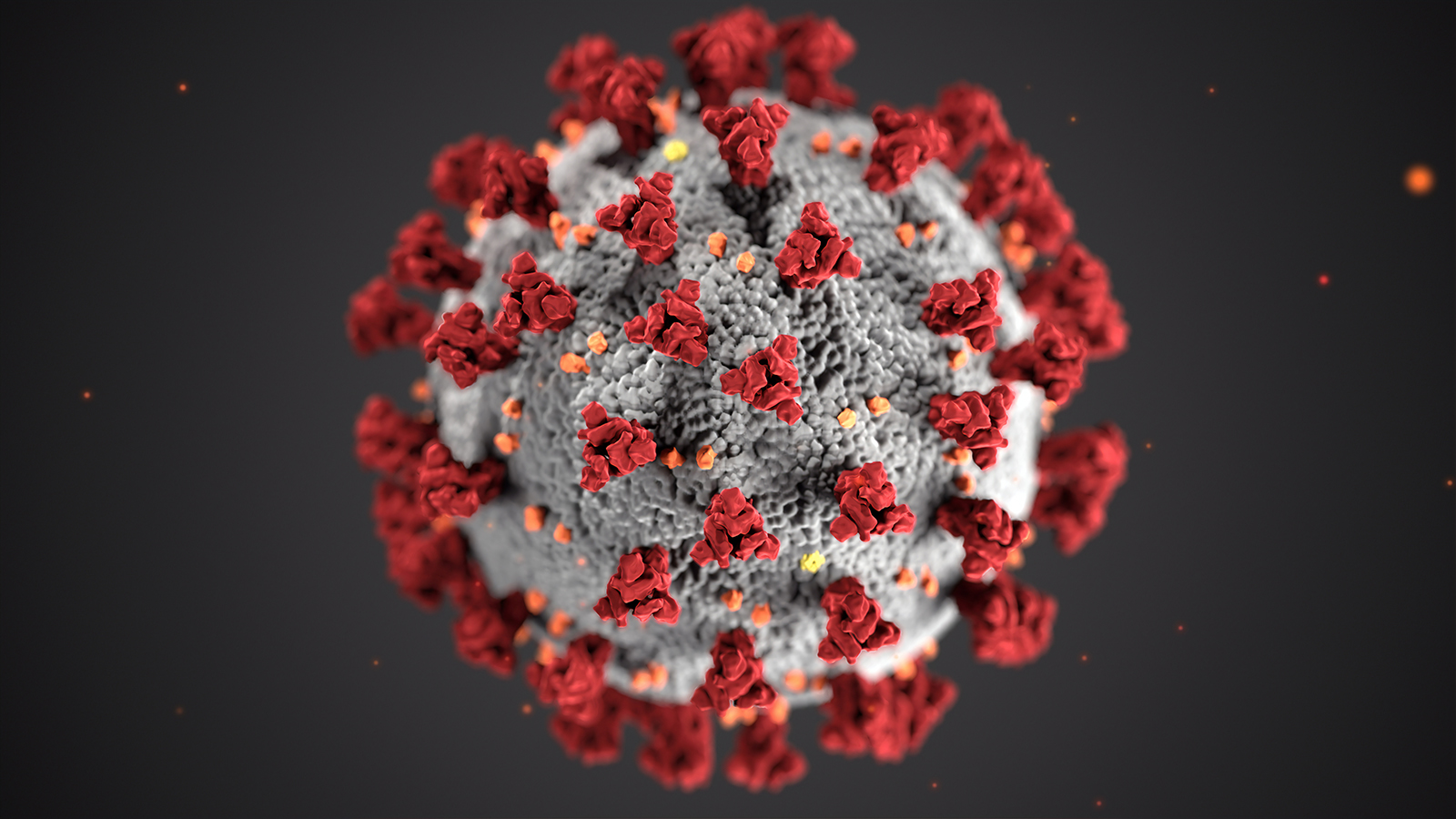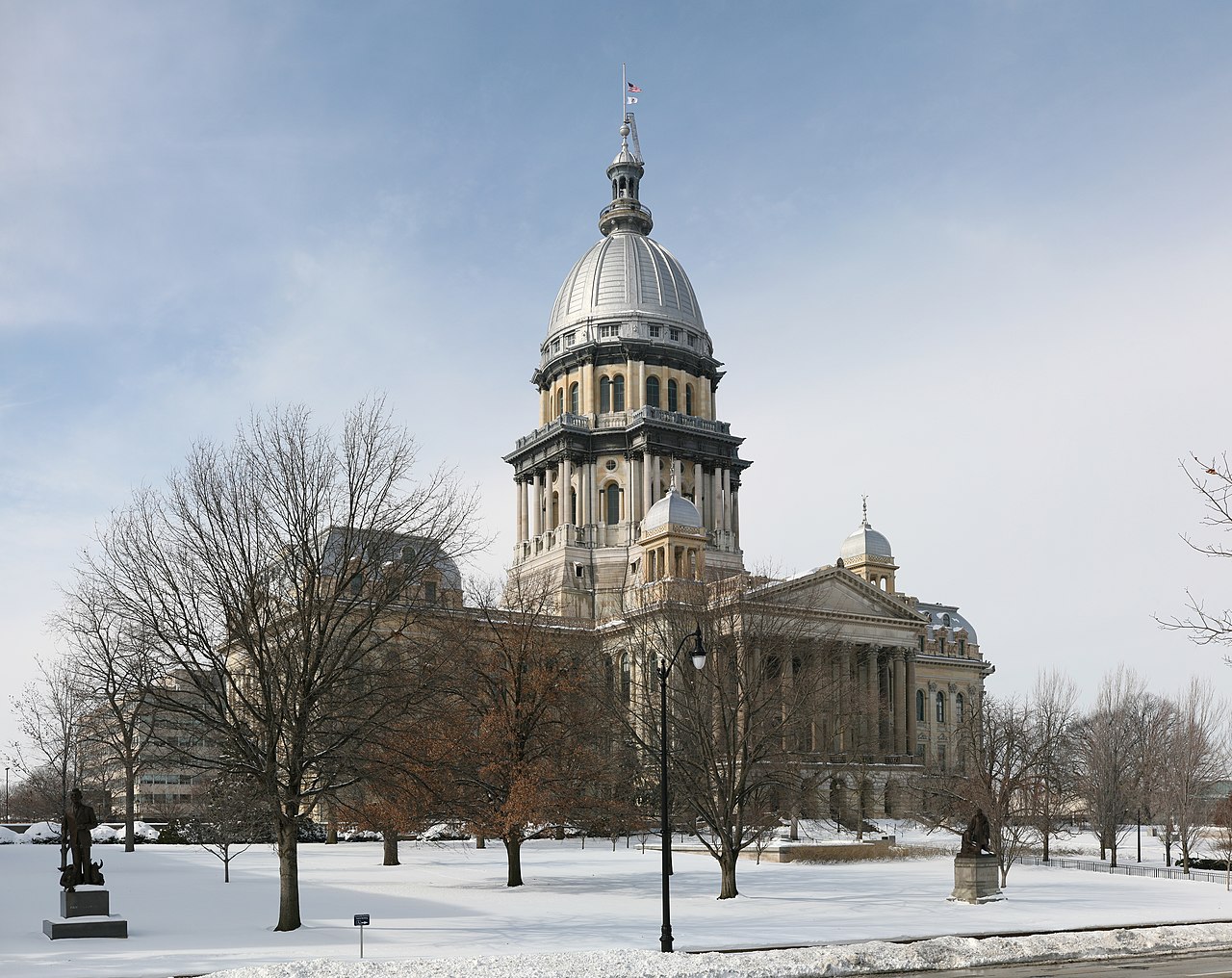
COVID-19 tests and vaccines are free to consumers. End of story.
Some consumers continue to be billed for COVID tests and vaccines. So let's get the story straight here.

Although the government has enacted numerous laws and regulations requiring free testing and vaccines since the outbreak of the COVID-19 pandemic, it is clear that too many patients are still being charged — often under the guise of creative add-on “fees.” The fear of these unexpected costs has deterred some Americans from getting tested or getting the vaccine.
Health experts and advocates have known that widespread testing and vaccination are imperative to control the pandemic. So, through the CARES Act and the Families First Coronavirus Response Act, Congress required health insurers to cover the cost of testing and vaccines without any patient cost-sharing. And, for those without insurance, the federal government promised to foot the bill. The goal is that no consumer should pay any out-of-pocket amount for a coronavirus test or vaccine.
However, consumers have reported free-standing emergency rooms and hospitals charging them “facility fees” and “observation fees” after COVID-19 tests. These testing sites provided the test for free but then charged some patients more than $1,000 in additional fees.
As recently as March, despite a clear directive by the Biden Administration that consumers should get coronavirus testing and their vaccine free of charge, we heard yet another story about inappropriate charges. Angie Abbott, a Kansas resident, developed symptoms associated with COVID-19. Before visiting an emergency room to get tested, her insurance company assured her it would cover the cost in full. But when a $1,200 bill arrived after her test, her insurer gave her conflicting answers, initially promising to cover the charge but later claiming that she would have to pay it herself. While Abbott tried to get a clear answer, the hospital kept sending reminders about the bill. With the fourth reminder, the hospital threatened to send the bill to collections if she didn’t pay. Abbott was ready to use her $1,4000 stimulus check to pay the $1,200 bill, when she thought to reach out to the local TV station. With the news reporter’s pressure, she managed to get her insurer to cover the bill, which they were legally required to do in the first place.
It bears repeating so consumers know their rights: Providers must stop sending add-on bills, and insurers must stop requiring patients to pay anything.
If an insured patient wants a COVID-19 test, even if they don’t have symptoms, their insurance must pay for it in full. That means if you want a test before visiting a family member or after travelling out of state, your insurer must pay for it.
Coronavirus vaccines are also free by law to all Americans. In addition to the cost of the vaccine itself, insurers are required to cover the cost of the “administration” of the vaccine.
Consumers who receive a bill for a COVID-19 test or vaccine should immediately contact their insurer and the entity that sent the bill. If your insurer refuses to pay and the provider continues to bill you, file a complaint through your state’s department of insurance. And if your provider attempts to bill you for your vaccine, report the potential to the Office of Inspector General by calling (800) 424-9071 or emailing [email protected] . If your state has a Consumer Assistance Program, they may be able to help you fight the bill. If all else fails, reach out to your local media, because no one should be forced to pay these illegal bills designed to protect all Americans from COVID-19 and end this pandemic as quickly as possible.
Photo by CDC on Unsplash.
Topics
Authors
Patricia Kelmar
Senior Director, Health Care Campaigns, U.S. PIRG Education Fund
Patricia directs the health care campaign work for U.S. PIRG and provides support to our state offices for state-based health initiatives. Her prior roles include senior policy advisor at NJ Health Care Quality Institute, associate state director at AARP New Jersey and consumer advocate at NJPIRG. She was appointed to the Ground Ambulance and Patient Billing Advisory Committee in 2022 and works with patient advocates across the U.S. Patricia enjoys walking along the Potomac River and sharing her love of books with friends and family around the world.
Find Out More

Our 2024 priorities in the states

Celebrating new protections taking effect in 2024

Why doctors’ offices bill patients as if they’re in a hospital – and why that should stop.

